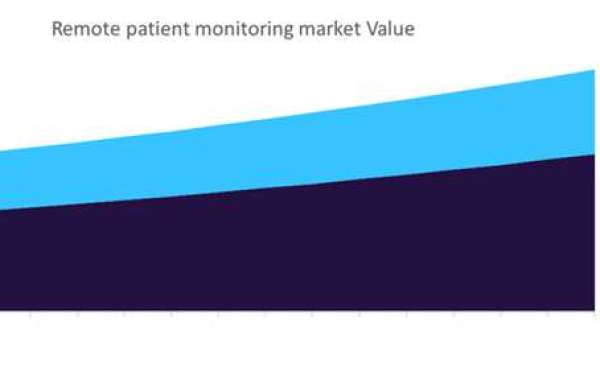The digital health market is experiencing a revolutionary transformation, leveraging technology to reshape the way healthcare is delivered and accessed. This article delves into the dynamic landscape of the digital health market, exploring its innovative solutions, transformative potential, and the impact it has on revolutionizing healthcare.
Digital Health: Empowering Patients and Providers: Digital health encompasses a wide range of technologies, including telemedicine, mobile health apps, wearable devices, electronic health records, and remote patient monitoring. These solutions empower patients to take control of their health, enable healthcare providers to deliver personalized care, and enhance the overall patient experience.
Telemedicine: Bridging the Gap in Access to Care: Telemedicine, a key component of digital health, connects patients and healthcare providers remotely, eliminating geographical barriers and improving access to care. Through virtual consultations, remote diagnostics, and telemonitoring, telemedicine enables patients to receive timely medical advice, reduces the burden on healthcare facilities, and enhances healthcare outcomes, particularly in underserved areas.
Mobile Health Apps: Revolutionizing Self-Care: Mobile health apps have transformed the way individuals manage their health and wellness. These apps provide personalized health information, facilitate self-monitoring of vital signs, track fitness goals, offer medication reminders, and support mental well-being. With user-friendly interfaces and real-time data analysis, mobile health apps empower individuals to proactively engage in self-care and make informed decisions about their health.
Big Data and Analytics: Driving Data-Driven Healthcare: The digital health market generates a vast amount of data, and advanced analytics tools enable healthcare providers to derive valuable insights from this information. Big data analytics, machine learning, and artificial intelligence assist in clinical decision-making, predictive modeling, population health management, and disease surveillance. By leveraging data-driven healthcare, providers can optimize treatments, improve patient outcomes, and enhance public health interventions.
Cybersecurity and Privacy Challenges: As the digital health market expands, ensuring data security and privacy becomes paramount. Safeguarding patient information from cybersecurity threats and complying with regulations is a significant challenge. Robust security measures, encryption protocols, and stringent data protection frameworks are crucial to maintaining patient trust and the integrity of digital health systems.
Regulatory Framework and Adoption Barriers: The digital health market operates within a complex regulatory landscape. Regulations governing privacy, data protection, interoperability, and reimbursement vary across regions, impacting the adoption and scalability of digital health solutions. Overcoming regulatory barriers, establishing interoperability standards, and fostering collaboration among stakeholders are essential for widespread adoption and realization of the full potential of digital health.






